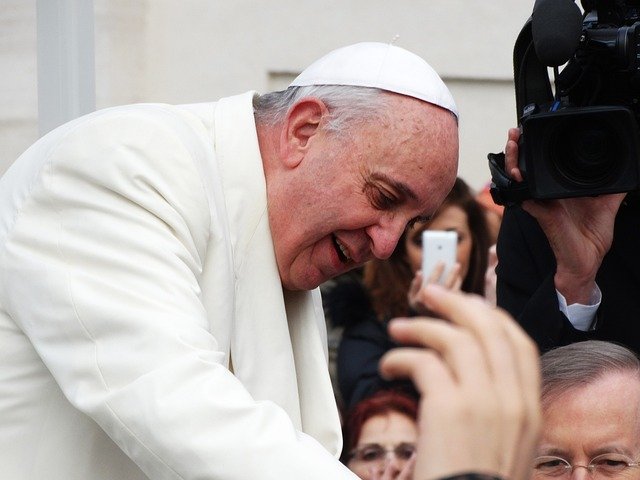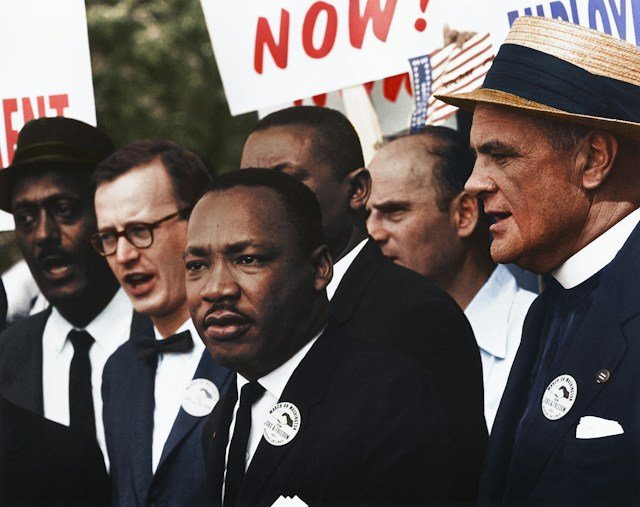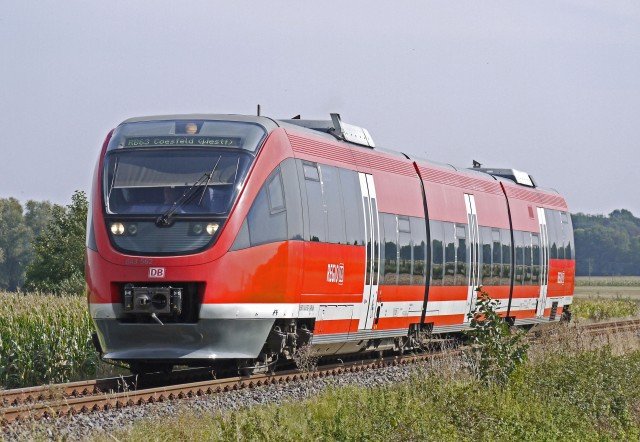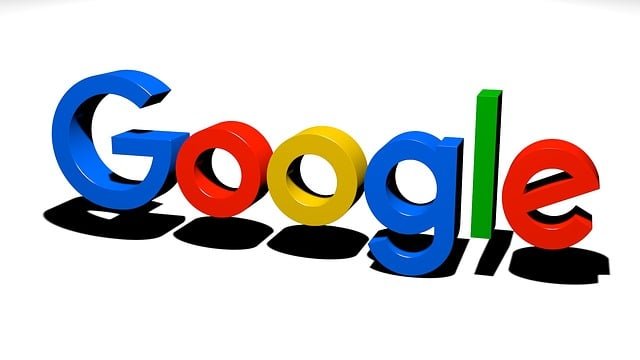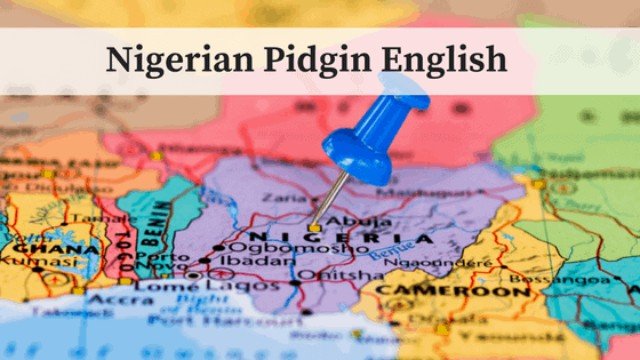Pope Francis has entered the area of technical ethics, calling for an international agreement to regulate artificial intelligence.
In a six-page letter delivered ahead of the Catholic Church’s World Day of Peace on January 1, 2024, Pope Francis underscores the importance of regulating AI, emphasizing both its potential benefits and inherent threats.
Why Is the Pope calling for an international agreement to regulate artificial intelligence?
Concerns and Caution of the Pope
The 86-year-old Pope praises scientific advancement for its positive impact on easing human suffering.
He does, however, warn against the possible hazards that come with the increased options provided by technology improvements. The pontiff highlights AI’s different concerns, stretching from disinformation and electoral manipulation to vital decision-making processes that lack accountability, such as the allocation of resources and military aims.
A Call for Accountability in AI Development
The message of Pope Francis stresses the importance of accountability in the design and use of algorithms and digital technology.
He cautions against the dangers of unlimited freedom in technology, which he calls a “technological tyranny.” The Pope, emphasizing the importance of moral issues, pushes for a global agreement to control AI development and implementation, to reduce harm and ensure ethical standards.
Artificial Intelligence Regulation on a Global Scale
Pope’s call is consistent with expanding global efforts to address the challenges posed by artificial intelligence.
The European Union is now working on a comprehensive AI law, China has just implemented generative AI-specific laws, and President Joe Biden has issued an executive order concentrating on AI safety standards.
The intervention of Pope Francis adds a moral and ethical dimension to the continuing discussion over AI legislation.
Commonly Asked Questions
1. Why is Pope Francis asking for a global treaty on artificial intelligence regulation?
Pope Francis is worried about the ethical implications of artificial intelligence, emphasizing potential risks and the importance of responsible development.
A global convention would create universal norms to safeguard the ethical usage of artificial intelligence around the world.
2. What are the specific AI threats mentioned by the Pope?
The Pope notes threats such as disinformation, election interference, and a lack of transparency in key decision-making processes such as budget allocation and military planning.
3. How does the Pope’s proposed AI legislation differ from previous efforts?
While different areas work on AI regulation, the Pope’s call adds an obligation of morality, promoting accountability in technology creation and pushing for an international convention to address the global ethical concerns brought by AI.
4. How might AI regulation affect technical advancements?
AI legislation seeks to prevent harm and promote responsible conduct in technology development and implementation.
It aims to achieve a balance between innovation and responsible use to ensure that technological advancement benefits humankind as a whole.
5. How has the international community reacted to Pope Francis’ plea for AI regulation?
The Pope’s call is consistent with current campaigns around the world.
The European Union, China, and the United States have already enacted legislation to address AI-related issues, matching the Pope’s vision of a controlled and morally grounded technology system.
In Summary
As Pope Francis calls for a worldwide agreement on AI control, the world finds itself at the crossroads of technical advancement and ethical duty.
His message crosses religious lines, bringing a moral compass to the ongoing debate on AI legislation and underscoring the necessity for a global effort to secure the responsible and responsible growth of artificial intelligence.
